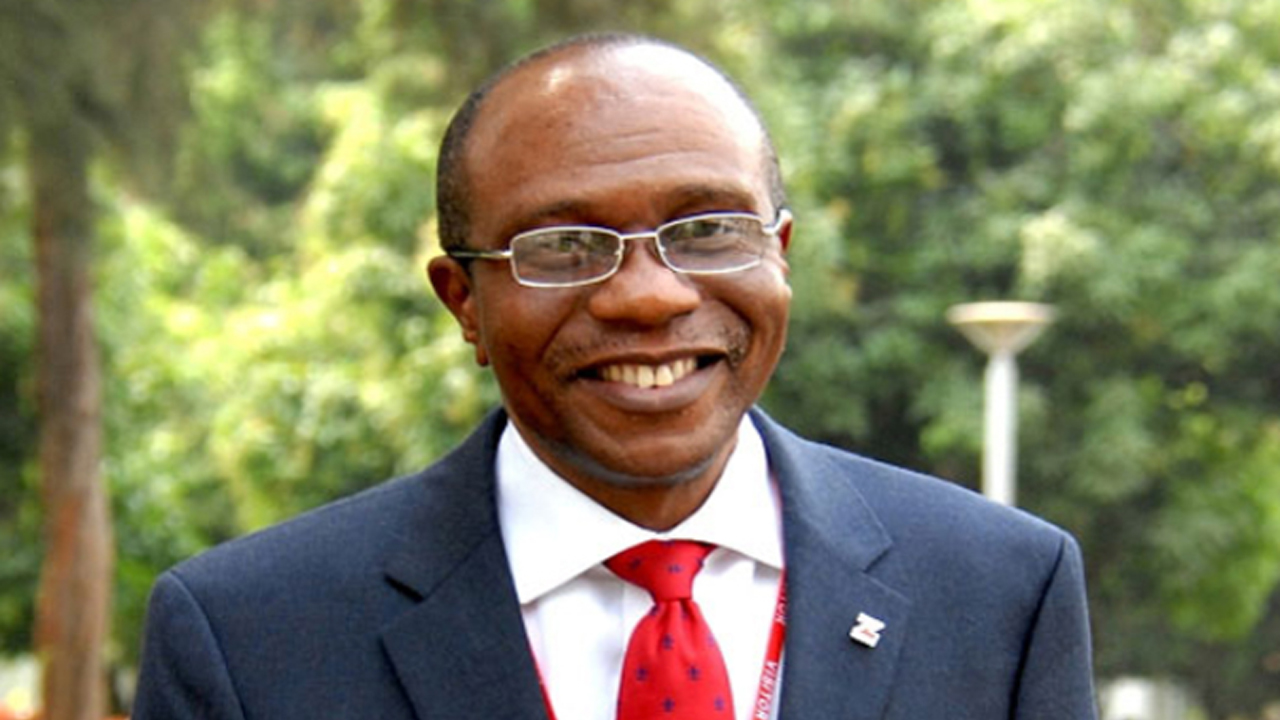The Central Bank Governor, Mr Godwin Emefiele, has been conferred with a Honorary Doctorate Degree in Business Administration by the University of Nigeria, Nsukka (UNN).
Emefiele was honoured on Friday in Nsukka at the Special Convocation of the institution, where 50 people were also conferred with doctoral degrees in different fields of studies.
On the occasion, Emefiele gave a lecture entitled “From Recession to Growth: The Story of Nigeria’s Recovery from the 2016 Economic Recession.”
He spoke on the actions the CBN took to address recession, which included a combination of monetary and foreign exchange policies, as well as development finance interventions and bailout programmes to states.
The apex bank governor said that due to its policies, the country’s GDP had been steadily growing, inflation going down, the nation’s foreign reserves growing and the foreign exchange market stable at N360 to a dollar.
Emefiele said that since the Anchor Borrowers Programme, the country had been able to save over $800 million, due to decline in the importation of rice.
“So far, the programme has supported more than 1,059,604 small holder farmers across all the 36 states of Nigeria in cultivating 16 different commodities over 1.114 million hectares of farmland.
Read Also: CBN plans withdrawal of ₦7.9 trillion dirty, torn notes
“It has also supported the creation of over 2.5 million jobs across the agricultural value chain.
“A key emphasis was placed on improving rice production, given the considerable weight importation of rice had on Nigeria’s import bill,” he said.
Emefiele said that because the GDP growth remained slow, the CBN would give support to domestic production of goods in the country which, according to him, was the way to improve economic growth.
“Addressing the constraints of farmers, SMEs and manufacturers will be critical, to drive sustainable growth of the Nigerian economy and reduce our reliance on proceeds from the sale of crude oil.
“In addition, there is need to forge partnerships between universities, research institutions, the private sector and public sector institutions.

